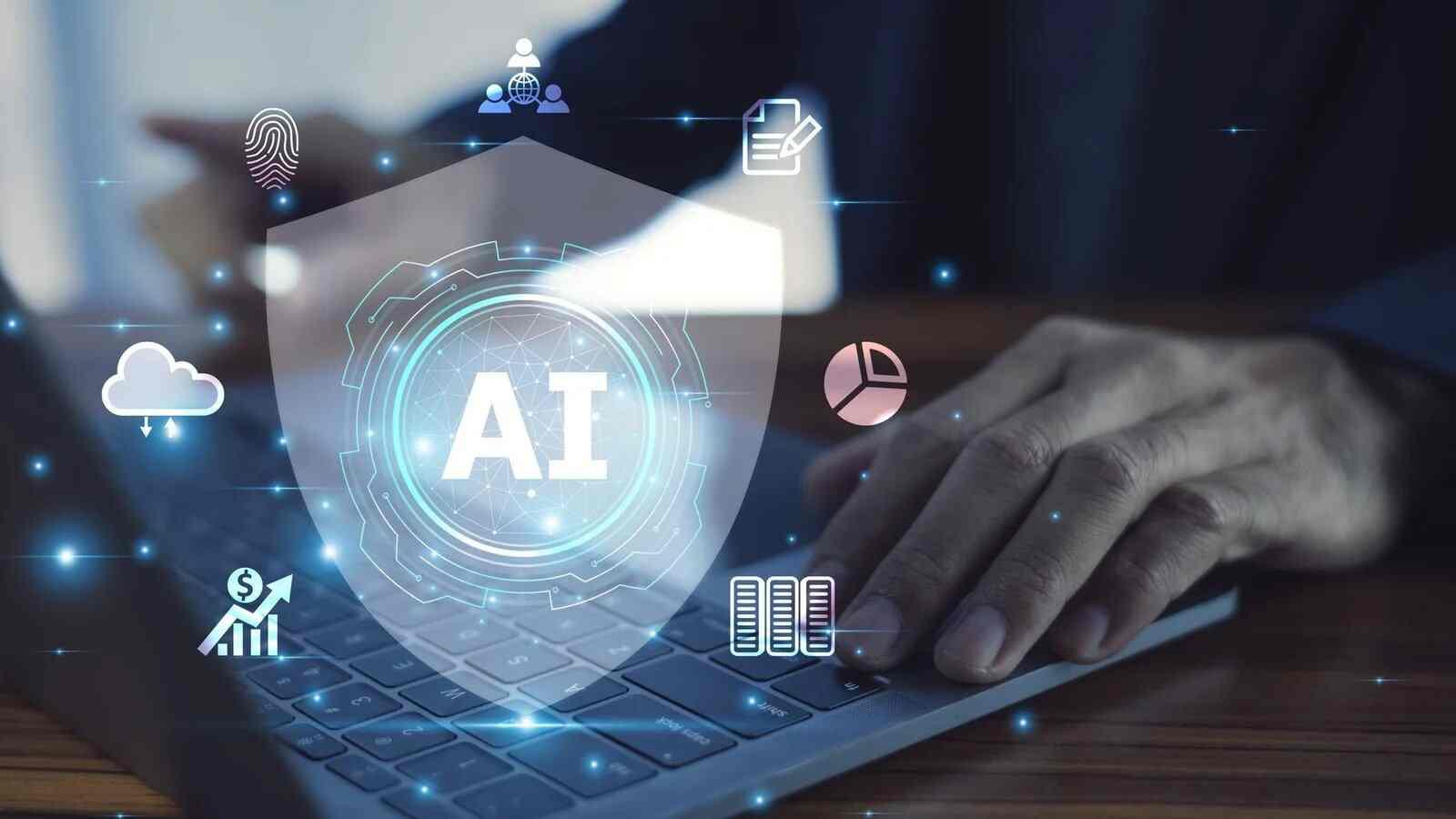Artificial intelligence has moved from experimental projects to mainstream business strategies, and its integration across industries is accelerating at unprecedented speed. The Future of AI Integration will not just be about adopting AI tools—it will be about embedding intelligence into the very fabric of operations, decision-making, and customer experiences. As the next decade unfolds, organizations will face a landscape where AI isn’t a separate technology but a seamless part of their digital ecosystem, transforming industries from healthcare and finance to retail and manufacturing.
Understanding the Future of AI Integration
The next decade will see AI move from niche implementations to enterprise-wide adoption. This means not just using AI for isolated tasks but creating connected systems where AI interacts with other technologies such as IoT, blockchain, and edge computing. The focus will be on making AI invisible yet indispensable, embedded in everything from supply chain management to personalized healthcare recommendations.
Industry-Specific AI Applications on the Rise
Sectors like healthcare will benefit from predictive diagnostics and treatment optimization, while financial services will leverage AI for fraud prevention, personalized banking, and risk modeling. Retail will see AI integration in hyper-personalized shopping, demand forecasting, and real-time inventory management. Manufacturing will use AI for predictive maintenance, process optimization, and autonomous operations.
The Role of Data in AI Evolution
Data is the lifeblood of AI, and the Future of AI Integration will depend heavily on how businesses collect, process, and protect it. Real-time analytics, data lakes, and federated learning will be central in ensuring AI systems are accurate, unbiased, and adaptable to changing conditions.
AI and Automation Convergence
Automation powered by AI will evolve beyond repetitive task execution, moving into adaptive decision-making and strategic planning. Intelligent automation will enable systems to learn from outcomes, adapt processes, and deliver continuous improvements without human intervention.
Ethical and Regulatory Considerations
With deeper AI integration comes the need for robust ethical guidelines and compliance frameworks. Transparency, explainability, and fairness will be non-negotiable, with global regulations shaping how AI is deployed. Trust will be the determining factor in AI adoption success.
AI-Driven Customer Experience Transformation
From AI chatbots that anticipate user needs to recommendation engines that adapt in real time, customer experience will undergo a fundamental shift. The future will prioritize personalization, empathy, and predictive service delivery powered by AI-driven insights.
Preparing for a Fully Integrated AI Future
Businesses that invest now in infrastructure, talent, and governance will lead in the next decade. Building AI-ready ecosystems, fostering cross-disciplinary teams, and adopting scalable AI models will be key to unlocking its full potential.
For More Info https://bi-journal.com/next-decade-ai-integration-trends-to-watch/
Conclusion
The Future of AI Integration is about more than technological advancement—it is about reimagining how organizations operate, innovate, and serve. Over the next decade, AI will become an inseparable part of daily business functions, and those who embrace this transformation with agility, ethics, and foresight will define the competitive landscape of the future.

